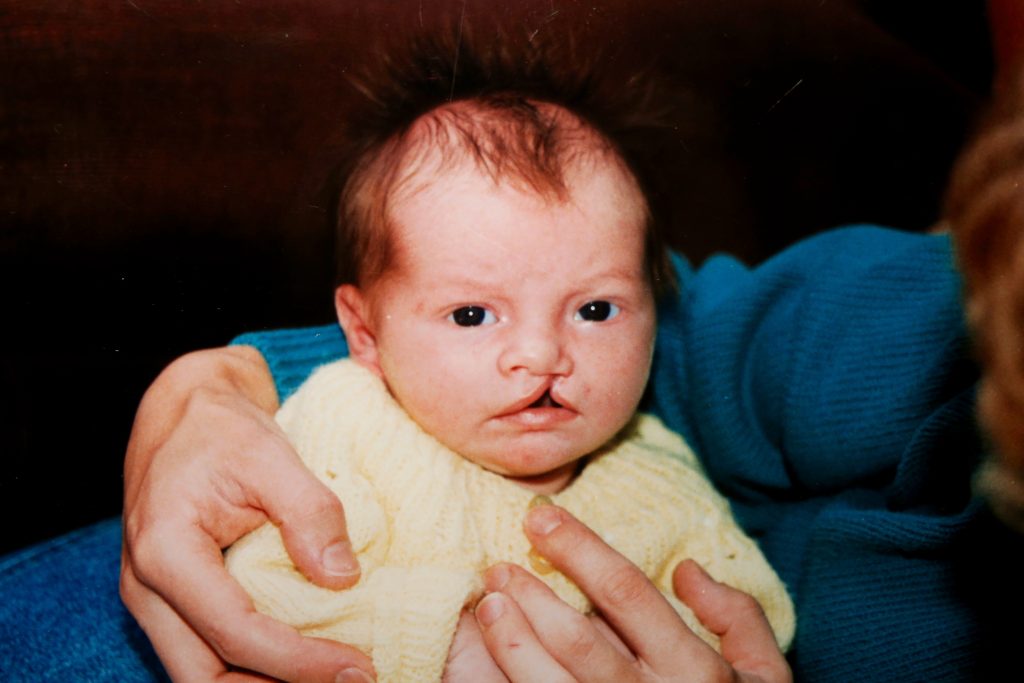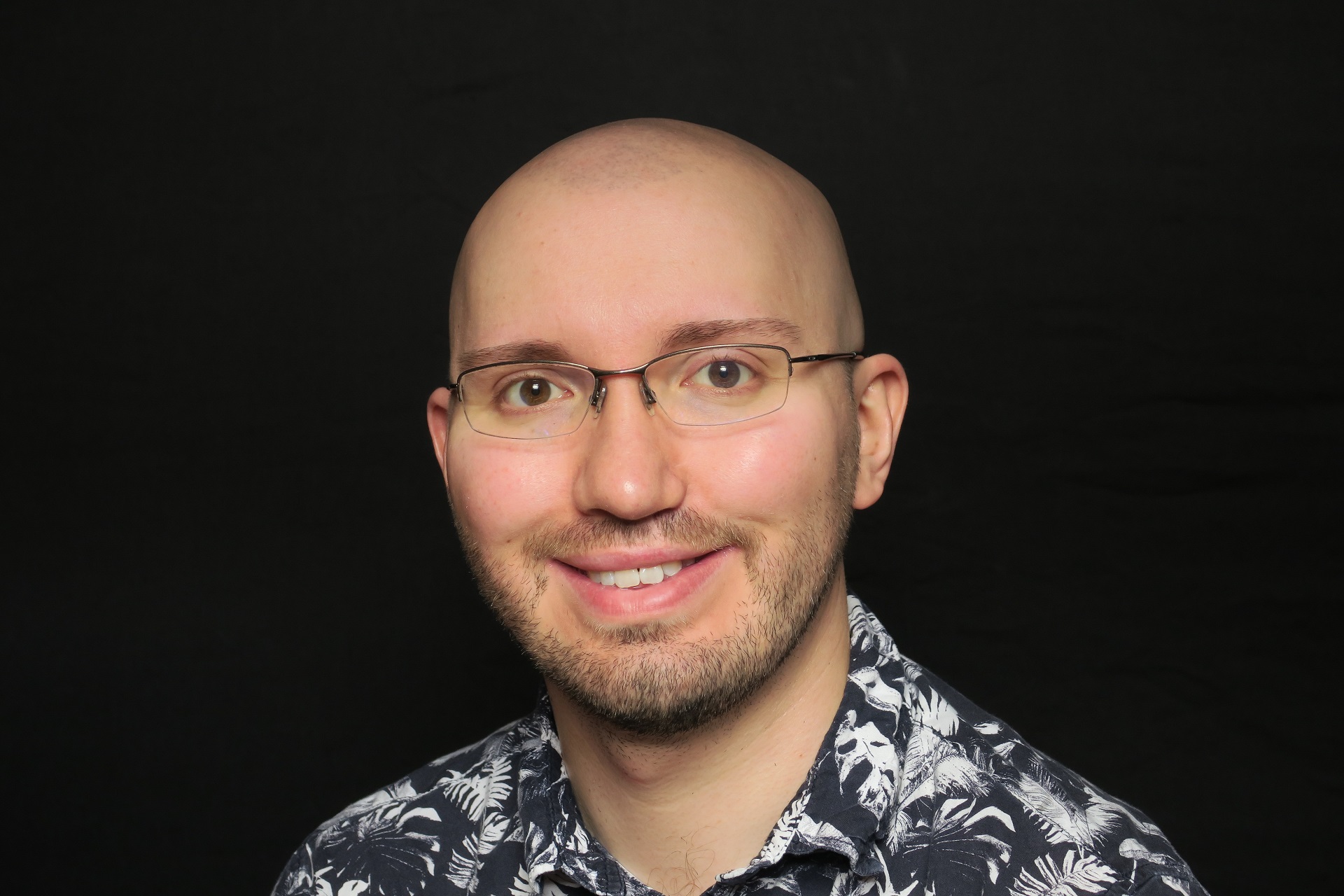After taking part in a group campaigner call with Changing Faces CEO, Heather Blake, to discuss the issues that truly matter to me as someone living with a visible difference, I was delighted to learn that the recognition of mental health needs is now a large part of Changing Faces new strategy.
There are many reasons why a person affected by disfigurement or visible difference may require psychological support, however, this need has often been overlooked.
In my experience, society sees disfigurement as an aesthetic ‘issue’ that requires an aesthetic solution, namely surgery, and once that’s completed everything is supposed to be ‘fixed’. Why? Because disfigurement is the ‘bad’ thing, right? And now the ‘bad’ thing has been ‘removed’, everything is ‘good’.
Unfortunately, it’s a lot more complicated than that.
We must increase everyone’s understanding and acceptance of visible difference and disfigurement; to help create an enlightened society that fully accepts and values people however they look.
Whilst there can be many advantages to surgical intervention, thinking it’s a cure all for disfigurement and visible difference can have very negative consequences on an individual’s mental health. This mindset sees disfigurement as the problem, when really the problem, the trauma and struggle we experience, all stems from a society that refuses to accept us as we are.
‘Expecting’ us to pursue appearance altering healthcare also reinforces the idea that our ‘difference’ is an untenable flaw, rather than a legitimate part of who we are, that deserves to be respected.

Ryan was born with a cleft lip and palate.
For someone like myself, my cleft has always been part of who I am. However, how does someone like me reach a place of self-acceptance when, for as long as I can remember, I was given healthcare that defined an immutable part of my identity as something in need of correction? Especially when my cleft care was entirely surgical and featured little to no psychosocial support.
Treating disfigurement as simply an aesthetic ‘issue’ isn’t just flawed, it can also be a cause of psychological harm. This is one of the many challenges a person born with a condition that affects their appearance has to contend with – and this requires the necessary psychological support.
We must increase everyone’s understanding and acceptance of visible difference and disfigurement; to help create an enlightened society that fully accepts and values people however they look.
It is clear that mental health and acceptance, both societal and personal, go hand in hand. This is why I believe Changing Faces’ goal to ‘significantly increase everyone’s understanding and acceptance of visible difference and disfigurement, and reduce prejudice and discrimination’ is so important.
There is nothing inherently bad about my cleft or having a facial disfigurement or visible difference. However, whenever our natural state of being is different from what is ‘expected’, the way the world can react can be very traumatic. This is why we must increase everyone’s understanding and acceptance of visible difference and disfigurement; to help create an enlightened society that fully accepts and values people however they look.
